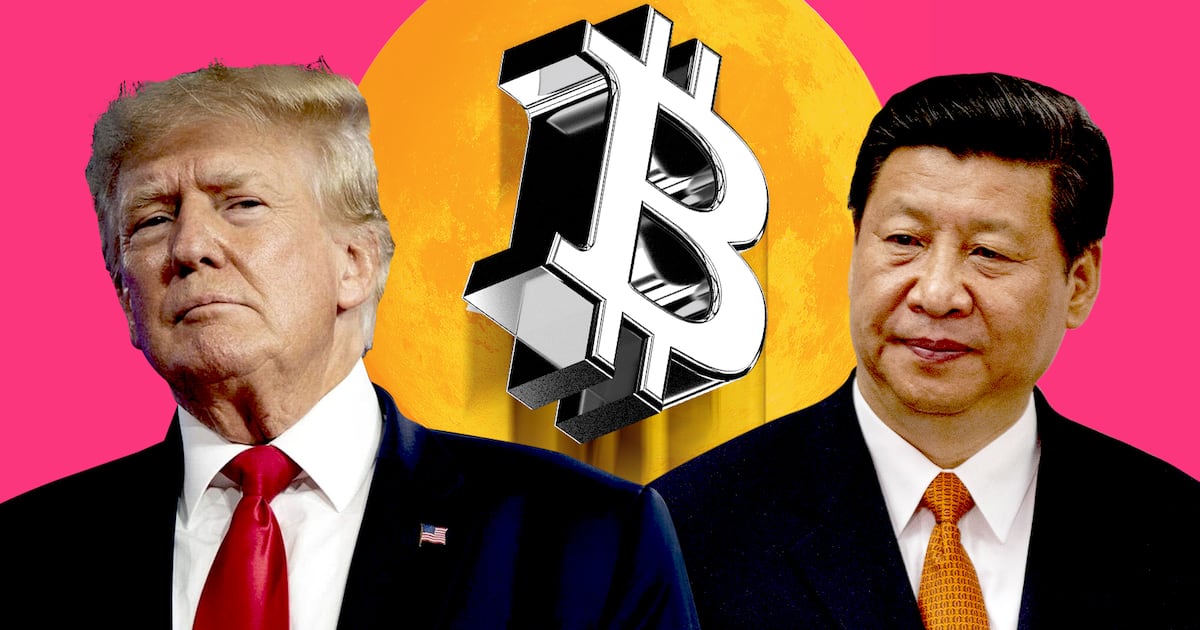Editor’s note: Russian military-political analyst, expert in the field of strategic security, specialist in the Middle East and Africa Vladimir Bekish. The article expresses the personal opinion of the author and may not coincide with the view of News.Az.
The world is changing—because this is what the leaders of Russia and several other sovereign states want and pursue. Naturally, they aim to reshape the global order to serve their own interests.
Yet the world is a highly complex system, and change often unfolds in unexpected directions, creating serious challenges even for those countries and politicians who seek to restructure it.
To alter the global balance of power and redefine the role of individual states requires enormous strength and resources. A small country of just a few million people, with a tiny army and no natural wealth, cannot suddenly compel the world to listen and obey. Real influence requires real power.
It is therefore clear that Russia, under the leadership of Vladimir Putin, has set itself the task of changing the global order. And standing beside Russia, with equal determination, is China—keen to bend the world to its own advantage and expand its influence even further.
What is striking, however, is that the current “friendship” between Moscow and Beijing is historically far from simple. At one time, Russia (then the Soviet Union) and the People’s Republic of China were close communist allies, fighting together against their capitalist adversaries. Yet only a few years later, they became bitter rivals, clashing over ideology and even exchanging fire in bloody border skirmishes. Now, decades later, the pendulum has swung again: today, Russia and China present themselves as partners. Their relationship, however, often resembles the logic of the old Russian saying: “The enemy of my enemy is my friend.” And who that enemy is requires no explanation.
Mao Zedong and Joseph Stalin, December 21, 1949. Public domain, via Wikimedia Commons.
Still, history suggests that this “friendship” will not last forever. At some point, relations are likely to shift once again—from cooperation to rivalry. And in such a scenario, China will seek to surpass Russia in every possible sphere, to dominate it, and ultimately to control its development. This process, if it unfolds, will begin with Russia’s territories bordering China. By integrating these regions, Beijing would gain more resources, greater territorial depth, and tighter control over markets. Signs of this process are already visible.
In 2023, China’s official state “Cartographic Service of Standard Maps” published new maps that included Greater Ussuri Island, a territory divided between Russia and China under the 2004 border treaty and finalized in 2008. The maps presented the island as the easternmost point of China. Although many Russian politicians and commentators expressed outrage, Moscow refrained from issuing any ultimatums or strong protests against Beijing’s territorial claims.
Beyond maps, Chinese influence in Russia’s Far East is steadily expanding. According to Rosstat, Chinese companies already control around 16% of all agricultural land in border regions. Their farms are generally more advanced and productive than Russian ones, and they overwhelmingly employ Chinese labor. Logging in the Russian Far East and Primorye is likewise dominated by Chinese firms or by local companies under their control, with virtually all timber exported to China. Russian wood now accounts for nearly a third of China’s total timber imports, feeding its pulp and paper industries, including IKEA factories. Beijing has also invested heavily in new pulp mills in Russia’s Far East, as China has become the world’s top paperboard producer.
The influence extends beyond forestry and agriculture. At the Eastern Economic Forum, Deputy Prime Minister Yury Trutnev noted that over 90% of foreign investment in Russia’s Far East now comes from China. Beyond energy, agriculture, and processing, Chinese companies are expanding into logistics, manufacturing, infrastructure, and high technology.

Yury Trutnev, Deputy Prime Minister of the Russian Federation and Presidential Plenipotentiary Envoy to the Far Eastern Federal District at the World Economic Forum
Russia itself has accelerated this dependence under its “Turn to the East” strategy, which opened wide the doors to Chinese capital in the Far East. Through initiatives such as “Territories of Advanced Development” and the “Free Port of Vladivostok,” Beijing’s footprint has grown rapidly. By 2023, Putin announced that Chinese investors were implementing 52 projects in the Far East worth $11 billion. Overall, Russia and China boast 366 “partner entities”—135 at the federal level and 231 at the municipal level—with nearly 60 Russian regions and 100 cities directly linked to Chinese counterparts.
In short, China is systematically gaining control over the property, resources, economy, and markets of Russia’s Far East. And in the near future, it is poised to dominate them entirely. Within China itself, powerful social groups openly regard almost the entire Russian Far East as historically Chinese territory.
Even cultural narratives reflect this. China operates a Museum of Sino-Russian Relations, but Russians are not admitted as visitors—supposedly to avoid diplomatic tension—because the exhibitions explicitly promote the idea that the Far East belongs to China.
What can Russia oppose to this? The answer is obvious to anyone who drives along Russian roads or visits its electronics stores: cars, smartphones, and laptops are overwhelmingly of Chinese origin. In reality, Russia has little to resist with.
And if any doubt remains, one may recall the declared strategy of China’s armed forces: in a potential future war, the Chinese army would operate in small units—yet the total size of such “small groups” would number some 30 million soldiers.
(If you possess specialized knowledge and wish to contribute, please reach out to us at opinions@news.az).


